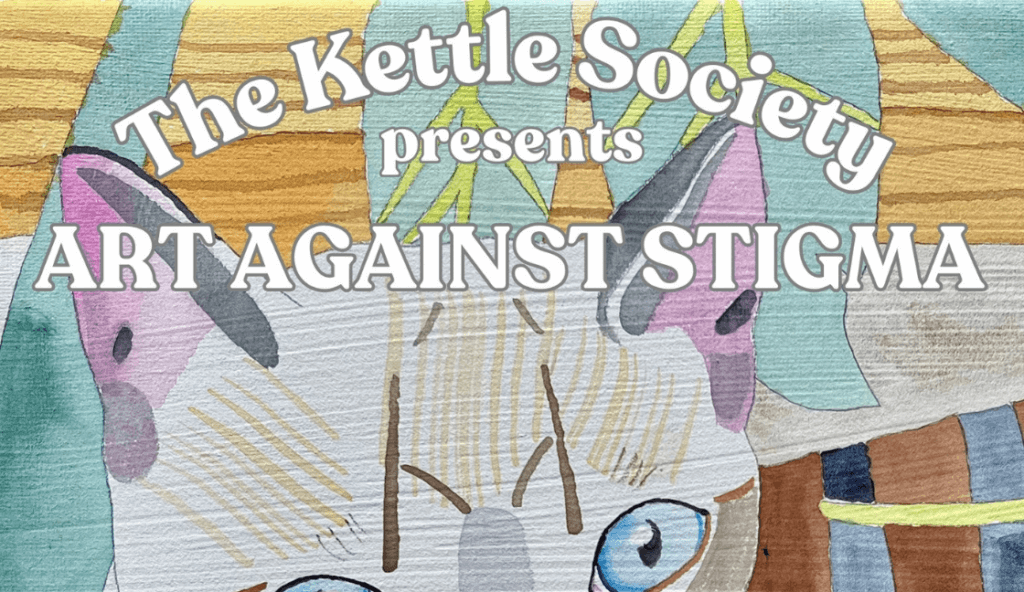
Mystical Experience or Psychosis?

This is an addendum to our Family Newsletter on Spirituality last year.
Watching a loved one’s religious fervor can be very unsettling to some, and deeply moving for others. Dr. Susan Mitchell from the UK’s Royal Academy of Psychiatry states that some spiritual practices, including meditation, yoga and prayer, can trigger psychosis but these  same practices can also help a person cope with mental illness. It can get very confusing! Wouldn’t it be helpful if there was a test that could tell for sure what’s going on? Unfortunately, I haven’t found one yet. There are only ideas, approximations. But maybe it’s helpful to see what they are. Susan Mitchell and the late psychiatrist Dr. Tomas Agosin are two people who have written about the topic. Says Agosin:
same practices can also help a person cope with mental illness. It can get very confusing! Wouldn’t it be helpful if there was a test that could tell for sure what’s going on? Unfortunately, I haven’t found one yet. There are only ideas, approximations. But maybe it’s helpful to see what they are. Susan Mitchell and the late psychiatrist Dr. Tomas Agosin are two people who have written about the topic. Says Agosin:
The mystical experience leaves the mystic more connected and involved in the world. He/she expands his/her capacity to love and to serve. The mystic becomes more appreciative of the beauty and the miracle of life. The mystical experience leaves the individual with a feeling of reverence for all life, embracing every aspect of life and death as sacred.
Psychosis unfortunately most often leaves the person more self-centered. It narrows his/her possibilities of connection with the world because the psychotic needs to protect him/herself from the anxiety that such a connection produces. The psychotic reduces his/her capacity to love because he/she cannot forget him/herself. The psychotic spends so much energy on survival that there is little psychic energy left for more.
Some think Agosin’s distinctions are a little too clear-cut, that there are more cross-overs between psychosis and mysticism than he seems to indicate, but still his ideas are a good way to start thinking about the topic.
Susan Mitchell points out that scholarly attempts to tell the difference between what is psychotic and what is spiritual have been unsuccessful. She thinks it may not be so much what people believe but how they believe.
Distress and unwanted preoccupations characterise psychosis, whereas spiritual experiences may be sought after and are more often associated with positive life changes.
But a person’s spiritual needs don’t go away because they are experiencing psychosis.
Some patients with psychosis report being afraid to discuss spiritual issues with psychiatrists for fear that their concerns will be dismissed as illness. Their spiritual needs may be less evident … Those who are so unwell as to be subject to compulsory care and treatment may be at that stage when other matters appear more important
Looking at these writers and thinking about people I have met, I wonder whether we can also ask, do we really need to know whether it’s one or the other, mystical or psychotic? A mystical experience is – well, mystical. That means we can never know for sure what’s going on. We can just simply figure out what helps. Does the person appear comforted or disturbed by their spiritual experience? Do they become more loving, or hostile, more or less life-affirming? Does their experience seem to lead to darkness and deterioration, or can it be imagined that it is a contribution to a healthier, more productive, more joyful life?
Sources:
Tomas Agosin http://www.seedsofunfolding.org/issues/11_08/feature_english.htm
Susan Mitchell http://www.rcpsych.ac.uk/pdf/Susan%20Mitchell%20Spiritual%20aspects%20of%20psychosis%20and%20recovery%20edited.pdf)

